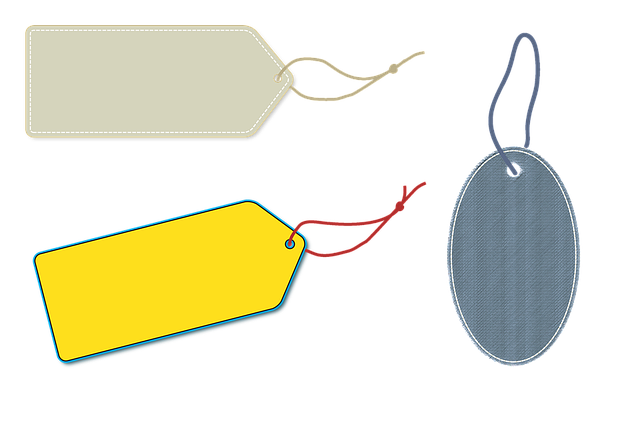Efficient yard waste removal and recycling, including composting lawn clippings and kitchen scraps, benefit both the environment and your lawn. These eco-friendly practices reduce landfill waste, conserve resources, promote soil health, and foster a circular economy, aligning with broader environmental conservation efforts. By adopting these methods, homeowners can minimize their environmental impact, support healthier plant growth, and potentially save money on fertilizers.
Lawn care extends beyond trimming and mowing; effective yard waste disposal is an essential, often overlooked, aspect. Understanding the types of debris—from grass clippings to fallen leaves—and their environmental impact is crucial. This article explores efficient disposal methods, from simple collection techniques to innovative recycling practices. Discover how eco-friendly yard waste management not only reduces environmental strain but also contributes to a greener, more sustainable future through responsible removal and recycling.
- Understanding Yard Waste: Types and Their Impact
- Efficient Disposal Methods: From Collection to Recycling
- The Benefits of Eco-Friendly Yard Waste Management
Understanding Yard Waste: Types and Their Impact

Yard waste, encompassing a wide range of organic materials from lawn clippings and leaves to garden trimmings and kitchen scraps, is an integral part of our daily lives, especially for homeowners with lush gardens and active outdoor lifestyles. Proper understanding of these various types of yard waste and their potential environmental impact is crucial when considering efficient disposal and recycling methods.
Each type of yard waste has unique characteristics and requires specific handling. For instance, lawn clippings, being predominantly nitrogen-rich, can enrich soil when composted, while dry leaves and garden debris such as branches and twigs are excellent for creating mulch, which helps retain soil moisture and suppress weeds. Effectively managing these resources not only reduces the volume of waste sent to landfills but also fosters a more sustainable approach to Yard Waste Removal and Recycling, contributing to a greener environment and healthier landscapes.
Efficient Disposal Methods: From Collection to Recycling

Efficient disposal methods for lawn debris are not only environmentally friendly but also simplify the process of yard waste removal and recycling. Collection begins with designated areas for clippings, leaves, and other organic materials, ensuring a neat and organized space. Regular cleaning of these areas prevents buildup and facilitates easy collection.
Once gathered, debris can be transformed into valuable resources through recycling programs that turn yard waste into compost or mulch. This not only reduces the amount of waste sent to landfills but also enriches soil, promoting healthier grass growth. Embracing these practices contributes to a sustainable approach to lawn care, aligning with broader efforts in environmental conservation and responsible resource management.
The Benefits of Eco-Friendly Yard Waste Management

Adopting eco-friendly practices for yard waste management offers numerous advantages for both the environment and individuals responsible for maintaining lush landscapes. One of the primary benefits is the reduction of environmental impact. Traditional methods of yard debris disposal, such as burning or dumping in landfills, contribute to air and soil pollution. In contrast, recycling and proper removal of yard waste through programs that utilize composting and mulching techniques significantly minimize these negative effects.
Additionally, eco-friendly yard waste management promotes sustainability and resource conservation. Organic materials from yards, including leaves, grass clippings, and twigs, can be transformed into nutrient-rich compost that enriches soil, reduces the need for chemical fertilizers, and supports healthier plant growth. This not only saves money for homeowners but also fosters a circular economy by keeping organic matter out of landfills and returning it to the earth as valuable resources.
Lawn debris disposal no longer has to be a daunting task. By understanding different types of yard waste and adopting efficient, eco-friendly methods like collection and recycling, we can significantly reduce environmental impact. These practices not only foster a healthier planet but also contribute to a more sustainable and vibrant community. Implement these strategies for effective yard waste management and enjoy the benefits of a cleaner, greener space.
